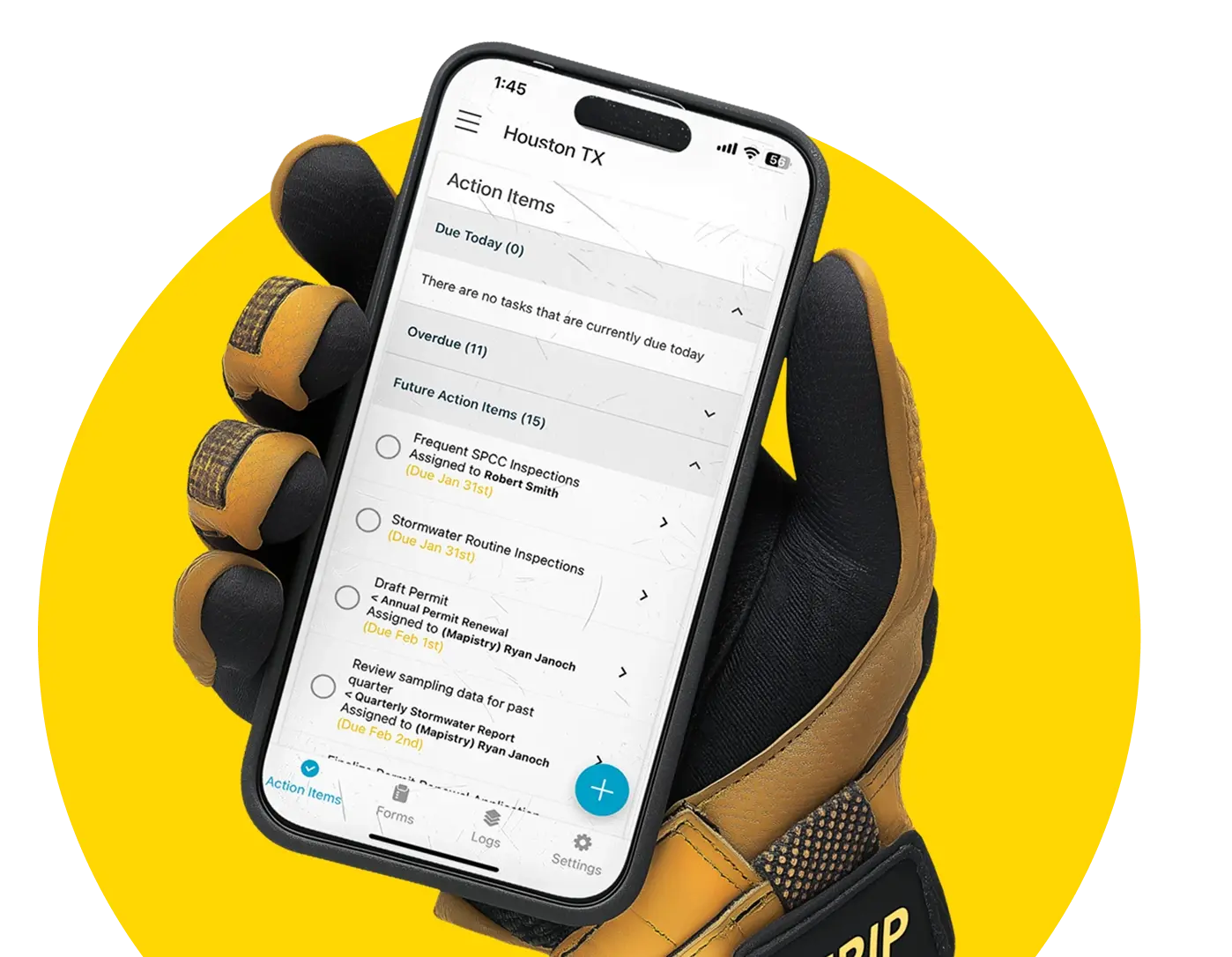How Pacific Ethanol Navigates Air Permit Requirements with Emerging Technologies
Air policies and requirements don’t always match up well when trying to drive limits lower and alternative technologies are being used.
In our latest webinar with Jordan Bottorff of Pacific Ethanol, we dove into the challenges with the variability in process flows through air pollution control (APC) equipment (e.g. regenerative thermal oxidizers [RTOs]) and instantaneous permit limits (e.g. temperature).
In this webinar (recording below) Jordan draws on her current experiences in the ethanol industry and her previous role at the Air Quality Management District to talk about the challenges on both sides with air policy and technical realities. From scrubbers to regenerative thermal oxidizers (RTOs), Jordan shared her experience and where she has had success and challenges in air compliance.
Key takeaways include:
-
Pockets of CO2 in the process flow can cause the RTO temperature to drop as a “slug” moves through the media, which can mean violating your instantaneous temperature permit limits
-
Talk with permit engineers during the permitting process to determine if scrubbers are sufficient for 99% reduction in VOCs versus using RTOs
-
Push for averages not instantaneous limits in permits to avoid Notices of Violations (NOVs) for normal operational conditions (e.g. variability in process flow)
-
Maximize your permit limits when writing permits to ensure plant’s can run at capacity without concern (“Ask for as much as you can”)
-
Regulators know one specific set of environmental regulations (e.g. air compliance) and need to rapidly learn lots of different industries, but EHS managers focus on one industry and need to rapidly learn lots of different environmental regulations


%201%20(2).png)

